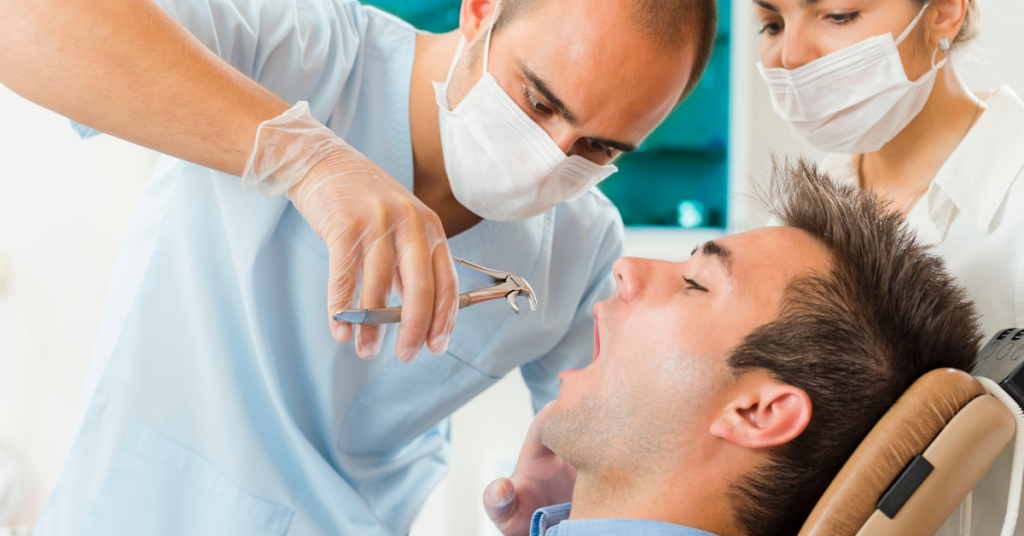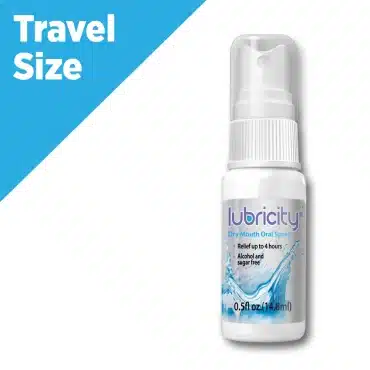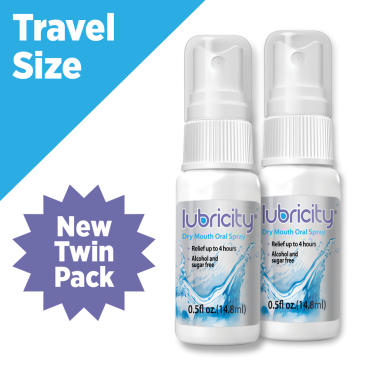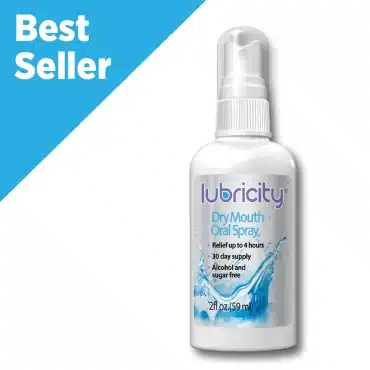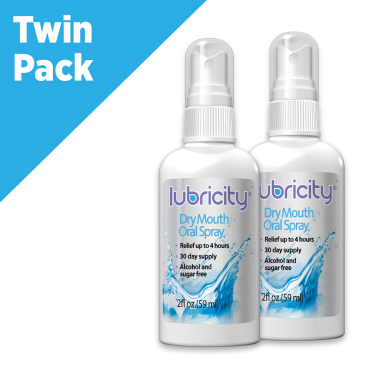Having a tooth extracted can be uncomfortable enough on its own. But to make matters worse, you may notice your mouth feels as dry as a desert afterward! It’s annoying when you can’t work up enough spit to wet your whistle. While dry mouth is a common side effect of tooth extraction, don’t worry – it’s usually temporary. Within a day or two, your mouth should be back to its normal, moist self.
Why Tooth Removal Causes Dry Mouth
There are a few reasons why tooth extraction can lead to dry mouth. First, the anesthesia and medications used during the procedure can reduce saliva flow. Anesthetics like lidocaine numb your mouth and throat, which inhibits the signals that tell your salivary glands to produce moisture.
Additionally, breathing through your mouth while under anesthesia tends to dry things out. Saliva helps keep your mouth and teeth lubricated, so when saliva flow is decreased, you may experience uncomfortable dryness. This is only temporary though!
How Long Does Post-Extraction Dry Mouth Last?
The good news is that dry mouth after having a tooth pulled typically goes away within a few hours up to a couple of days as the anesthesia wears off. Some people may even drool excessively as the sensation returns. The duration depends on:
- The type and amount of anesthetic used
- Your body’s metabolism and recovery time
- How many teeth were extracted
Be patient, as it takes a bit for your spit glands to get back to normal. Stay hydrated and use some dry mouth remedies to find relief while your mouth recovers.
Getting Relief from Post-Extraction Dry Mouth
While you wait for your saliva production to get back to normal, you don’t have to just tolerate an uncomfortably dry mouth. There are several effective ways to get some relief and moisten your mouth after tooth extraction:
Suck on Ice Chips
Sucking on small ice chips provides instant cooling moisture. As the ice melts on your tongue and throughout your mouth, it lubricates tissues and stimuli saliva glands. Just be gentle around the extraction site.
Use a Humidifier
Running a cool mist humidifier, especially next to your bed at night, can make a big difference. Dry air tends to worsen mouth dryness, so a humidifier helps add moisture back into the air to prevent excessive evaporation from your mouth and nasal passages.
Avoid Alcohol and Caffeine
Stimulate Saliva Flow
Chewing sugar-free gum helps activate saliva production, giving your mouth a boost of moisture. You can also suck on sugar-free hard candies. Just be gentle around the extraction site and avoid anything too sticky that could dislodge the blood clot.
Rinse with Warm Salt Water
Gently swishing with warm salt water helps cleanse your mouth, especially after eating. Salt has mild antiseptic properties while the warmth soothes tissues. But avoid vigorous swishing that could disrupt healing.
Use Saliva Substitutes
Over-the-counter saliva substitutes like oral sprays and mouthwashes add a layer of artificial saliva to coat and lubricate your mouth. Glycerin-based products tend to work best for dry mouth relief.
Drink More Water
Proper hydration is key, so make sure to drink plenty of cool water. You want to avoid becoming dehydrated, which will just worsen dry mouth symptoms. Carry a water bottle and take frequent sips.
With these tips, you can help moisten your parched mouth while you wait for your natural saliva production to rebound after a tooth extraction.
When to Call the Dentist
In most cases, dry mouth after a tooth extraction is normal and subsides within a couple of days. But contact your dentist if:
- Dryness persists longer than 3-4 days
- You have difficulty eating, drinking, or swallowing
- You develop sores, pain, or bad breath
- Symptoms are accompanied by fever or swelling
A prolonged dry mouth could indicate an infection or other complication. Your dentist can examine the extraction site and determine if any additional treatment is needed.
With a little patience and some moisture-boosting tricks, dry mouth following tooth removal should be short-lived. But don’t hesitate to call your dentist if symptoms don’t improve in a few days. Taking steps to keep your mouth moist will help ensure proper healing.
Lubricity is a Proud Supporter of the
What do customers say about Lubricity Dry Mouth Spray?


